OPPOSE: USDA’s Mandatory Electronic Identification (EID)
Use of Electronic Identification Eartags as Official Identification in Cattle and Bison (Final Rule)
A final rule by the Animal and Plant Health Inspection Service (APHIS) within the United
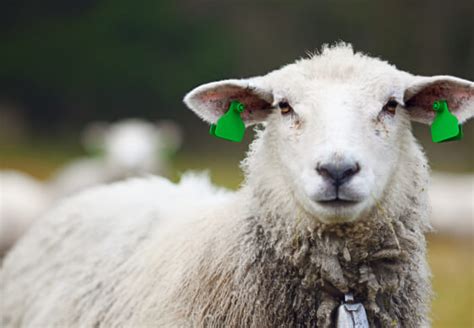
Use of Electronic Identification Eartags as Official Identification in Cattle and Bison (Final Rule)
A final rule by the Animal and Plant Health Inspection Service (APHIS) within the United
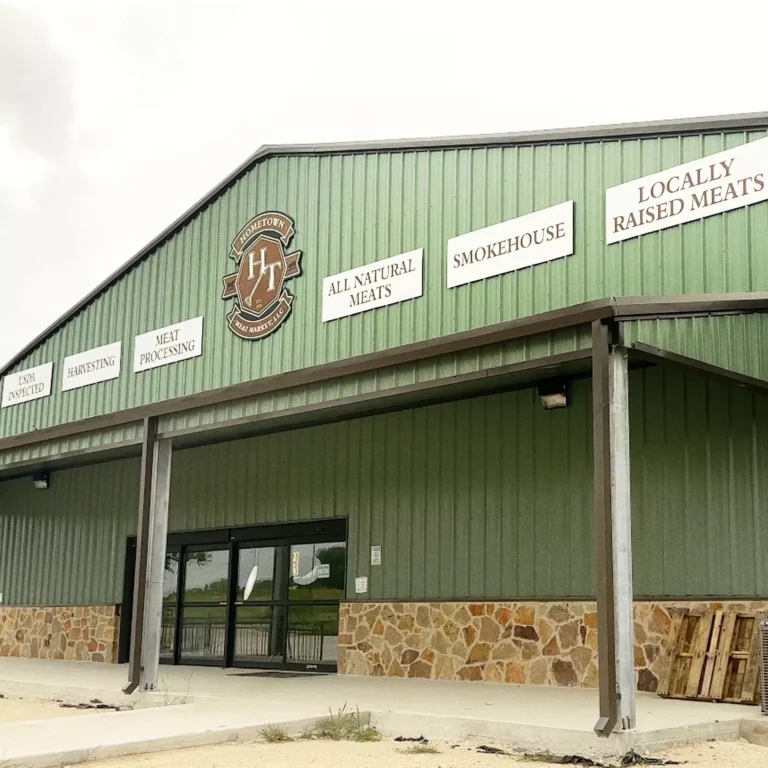
The website “The Beef Initative” offers an overview on the concept Know Your Cow. We list them further down but highly recommend you visit their site. You have the option to share your Email-Address to receive more information and articles
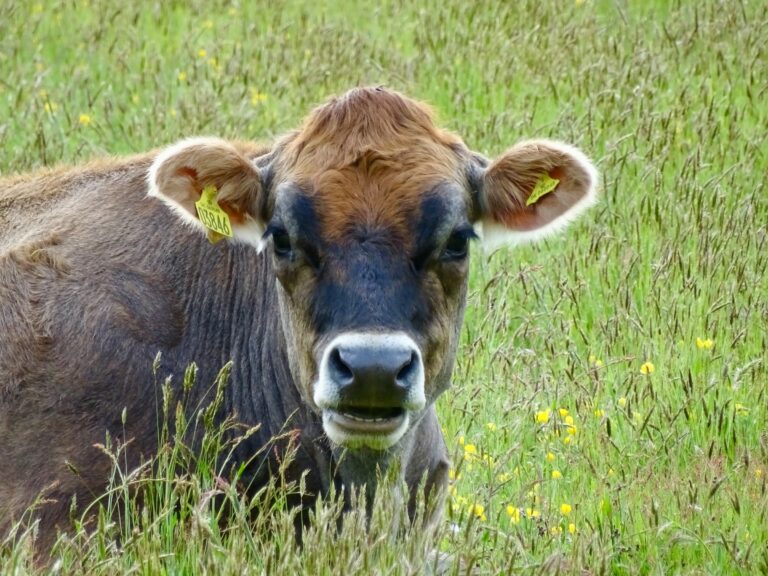
The website linked below is called “Farm and Ranch Freedom Alliance”. It covers the animal ID issue. You will find all the action alerts at the bottom of their site. It includes talking points and information on who to call
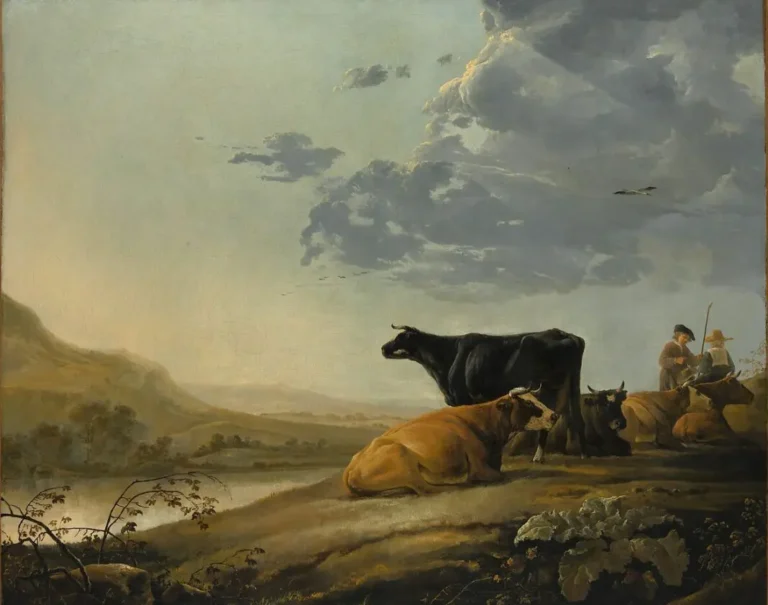
My wife Jackie and I keep a handful of cows and sheep. We don’t do it for the money, but for the food security and as a way to combat the enemies of cows. Small-scale farming is the antidote to industrial agriculture and confinement animal feeding operations.
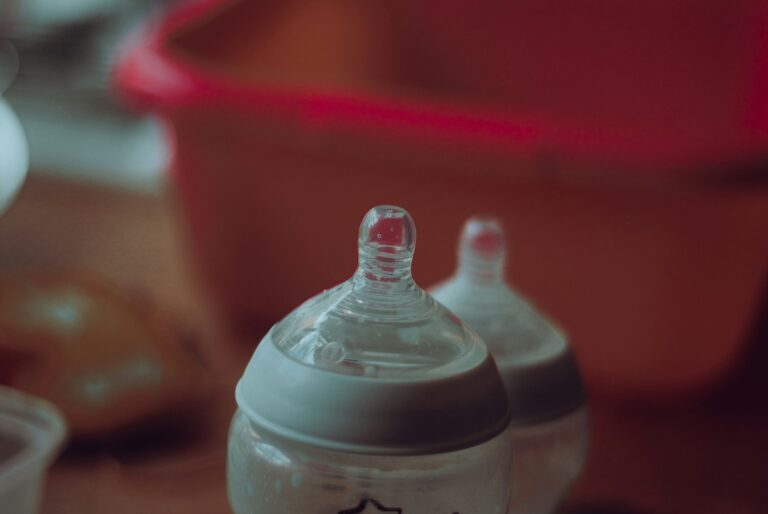
Infant formula is a crucial source of nutrition for babies who are not breastfed or is utilized as a supplement to breast-feeding. Ensuring its safety and quality is paramount since infants are particularly vulnerable to contaminants due to their developing biological systems.
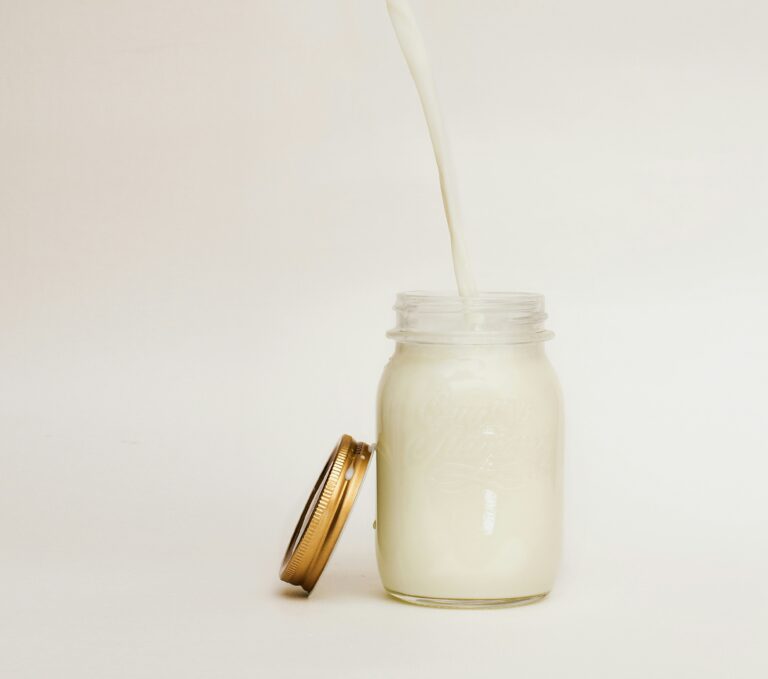
You have to be a pet to drink raw milk in nearly 40 states!
Dairy products made from raw (unpasteurized) milk have been a bugaboo of governments for 40 years. FDA officers have shown up at health food stores with guns to stop the sale of raw milk! These days, it is usually state officials that ban such sales, using the state police and demanding the products be destroyed. In an unusual recent ruling, a Pennsylvania judge banned intrastate sales of raw milk by an Amish farmer, but admitted he had no authority to ban interstate sales. Most Americans are required to impersonate pets to obtain raw milk, as there are no bans on its sale for pet food in most states.
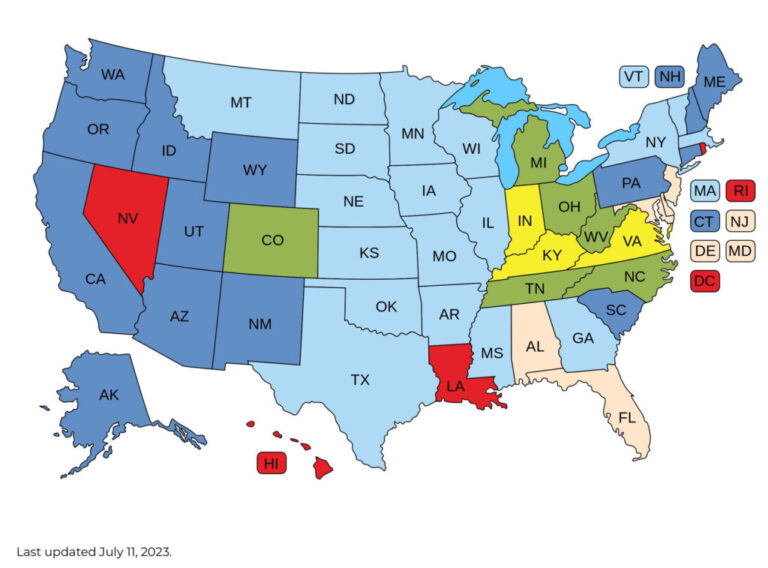
This article is a repost taken from the Solari Report and originally published by Real Milk Blog post…
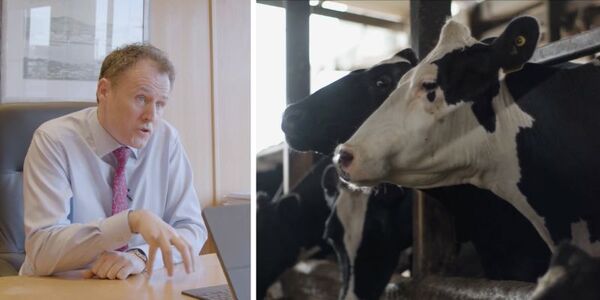
Ireland has announced plans to cull hundreds of thousands of cows to comply with European Union climate policy. Similar initiatives in Belgium and the Netherlands ensure that beef prices will rise, but these proposals offer little environmental benefit. Indeed, cows are the heroes, not the villains, in rescuing the climate.
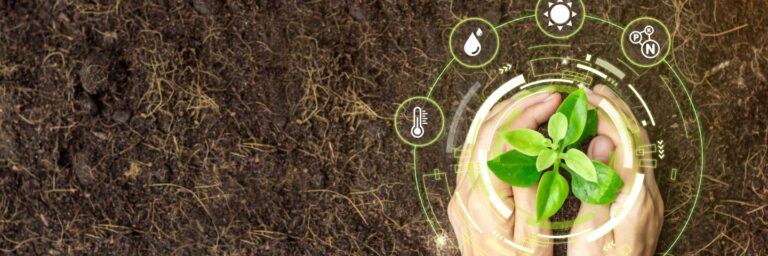
Biden-Harris Administration Announces $90 Million in Innovative Projects that Help Conserve Natural Resources and Address Climate Change as Part of Investing in America Agenda
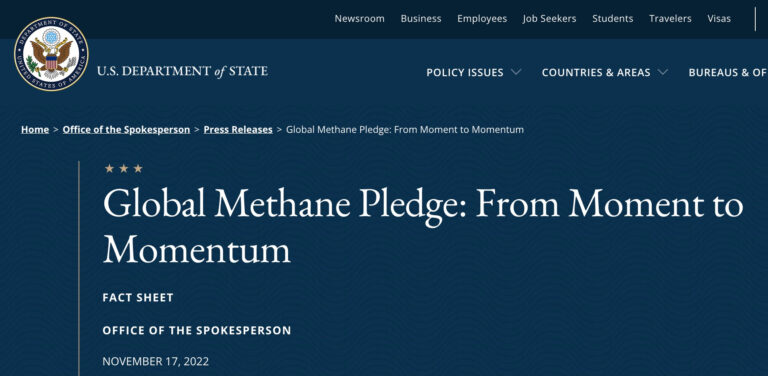
This article was published by Meryl on her Substack in June 2023 In the year since it launched…
End of content
End of content